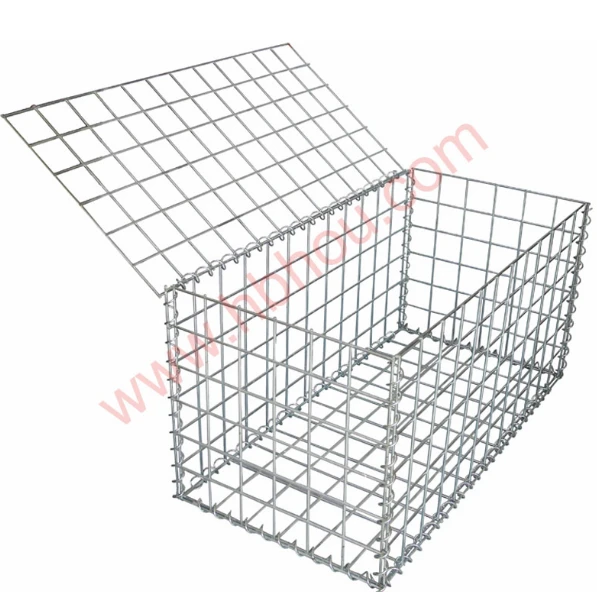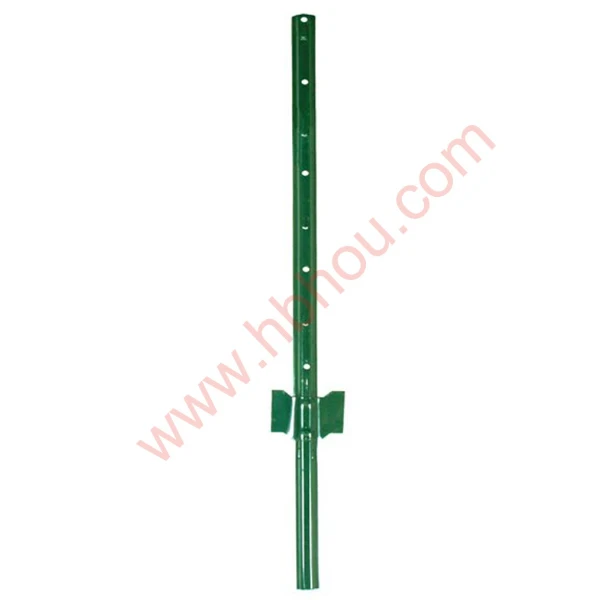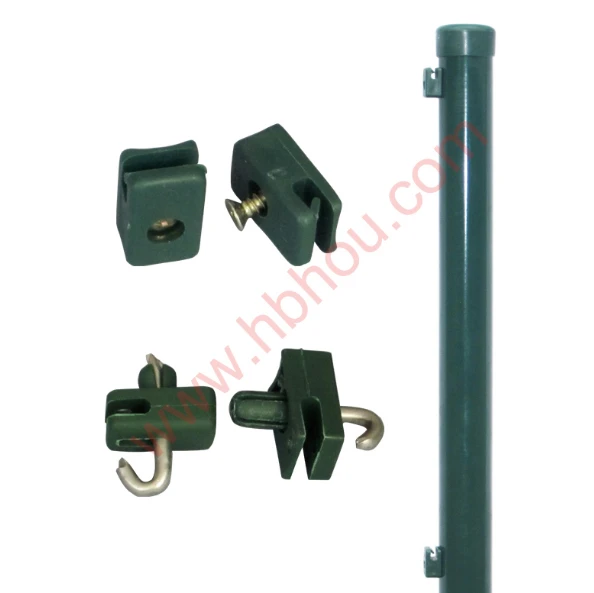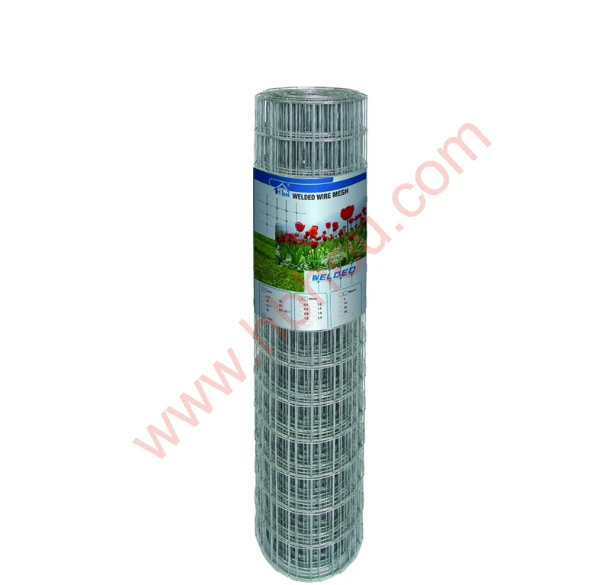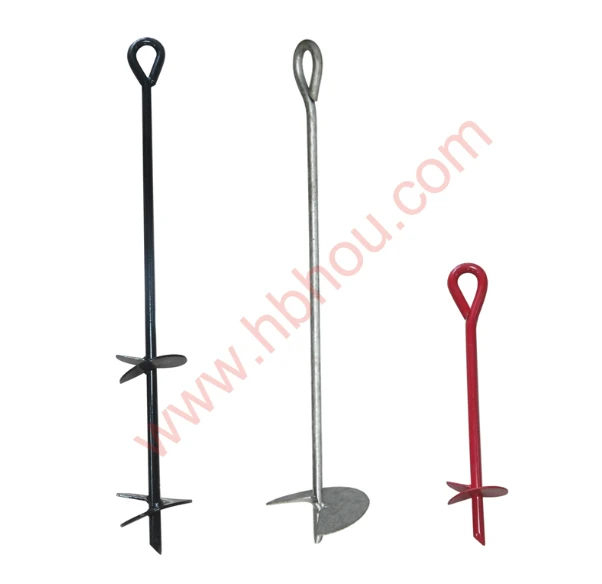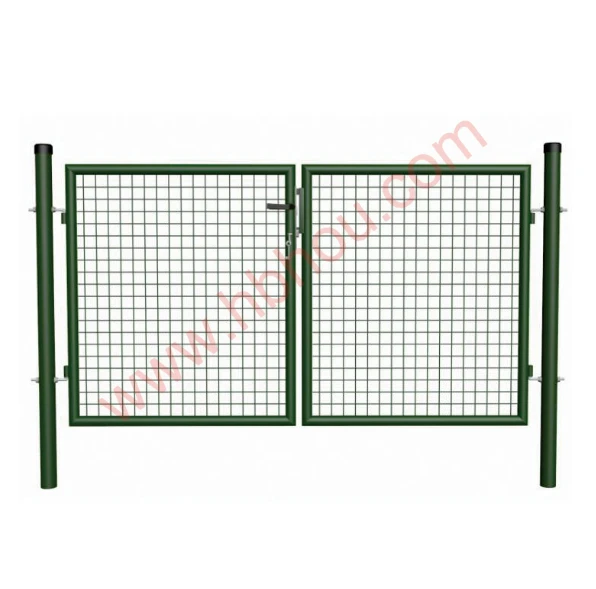When planning a fencing project, choosing the right fence post is essential for both stability and aesthetics. Whether you need posts for a garden, livestock fencing, or property security, knowing the different fence post types and options available can help you make the best choice. With many fence posts for sale, this guide will help you navigate your options and find the perfect solution for your fencing needs.
Types of Fence Posts
Fence posts come in various materials, each suited for different purposes. Here are the most common types:
Wooden Fence Posts:
- One of the most traditional materials, wooden fence posts are commonly used for residential gardens, agricultural fencing, and rustic designs. Treated wood posts, such as cedar, pine, or oak, offer durability against the elements, ensuring a long lifespan.
Metal Fence Posts:
- Metal fence postsare known for their durability and strength, often used in high-security fencing, industrial settings, or areas prone to harsh weather conditions. Steel and aluminum are popular choices. Galvanized metal posts resist rust and corrosion, making them suitable for long-term use.
Concrete Fence Posts:
- Concrete posts are solid and highly durable, making them ideal for heavy-duty fencing systems such as those used for livestock or property boundaries. They are resistant to weather, pests, and fire, ensuring a long-lasting foundation for your fence.
Vinyl Fence Posts:
- Vinyl is a low-maintenance option often used for decorative or privacy fences. These posts are easy to install, resistant to rot and pests, and come in a variety of styles and colors. Vinyl posts are perfect for residential areas where aesthetics are key.
T Posts (Metal):
- T postsare a type of steel post with a T-shaped cross-section, commonly used for agricultural or temporary fencing. They're affordable, easy to install, and typically used with wire or mesh fencing.
Composite Fence Posts:
- Made from a blend of wood fibers and plastic, composite fence posts offer the look of wood with the durability of synthetic materials. These posts are ideal for environmentally conscious consumers as they are often made from recycled materials.
How to Choose the Right Fence Post
With so many fence post types available, it’s important to select the one that best suits your needs. Here are some factors to consider:
Purpose:
- Consider what the fence will be used for. Is it for decorative purposes, security, or livestock containment? This will influence your choice of material. For example, metal or concrete posts are ideal for security, while wood or vinyl posts might be better for decorative fences.
Durability:
- Think about the weather conditions in your area. If your property is exposed to strong winds, heavy rain, or extreme temperatures, you’ll want durable materials such as metal, concrete, or treated wood.
Installation:
- Some fence post materials, like metal or vinyl, are easier to install than others. Concrete posts require more effort during installation, but they provide exceptional stability. If you’re looking for a quick solution, T posts are an easy and affordable choice.
Maintenance:
- Different materials require different levels of maintenance. Wood posts may need regular treatments to prevent rot, while metal posts may need to be checked for rust. Vinyl and composite posts are largely maintenance-free, making them a great option for homeowners who want a low-maintenance solution.
Budget:
- Fence posts for salecome in a range of prices, depending on the material and size. Consider your budget when selecting fence posts, keeping in mind that investing in higher-quality materials may save you money on repairs and replacements in the long run.
Buying Fence Posts: What to Look For
When purchasing fence posts, consider these key aspects to ensure you get a product that meets your needs:
Material Quality:
- Look for high-quality materials that offer durability and longevity. For wooden posts, ensure they are treated to resist rot and insects. For metal posts, check that they are galvanized or powder-coated to prevent rust.
Post Length:
- The length of the fence post you choose will depend on the height of your fence. Generally, posts should be buried at least 1/3 of their length in the ground for stability. For example, if you’re building a 6-foot fence, you’ll need 8-foot posts.
Post Diameter:
- Thicker posts provide more stability, especially for taller fences or fences in windy areas. Ensure that the post diameter is sufficient for the weight and height of your fence.
Anchor and Fastening Systems:
- Some fence post systems come with anchors or pre-drilled holes for easy attachment to fencing panels. Consider whether you need additional hardware or fasteners to install the posts securely.
Supplier Reputation:
- Purchase from reputable suppliers who offer high-quality fence posts at competitive prices. A reliable supplier will also provide information on the best materials for your specific fencing project.
Selecting the right fence post is critical for building a sturdy and long-lasting fence. Whether you’re securing your property, fencing livestock, or enhancing your garden’s appearance, understanding the different fence post types will help you make an informed choice. Our wide range of fence posts for sale ensures that you’ll find the perfect solution for your fencing project, no matter your needs or budget.
For top-quality fence posts that deliver both function and style, browse our selection today and find the ideal posts for your next fencing project!









